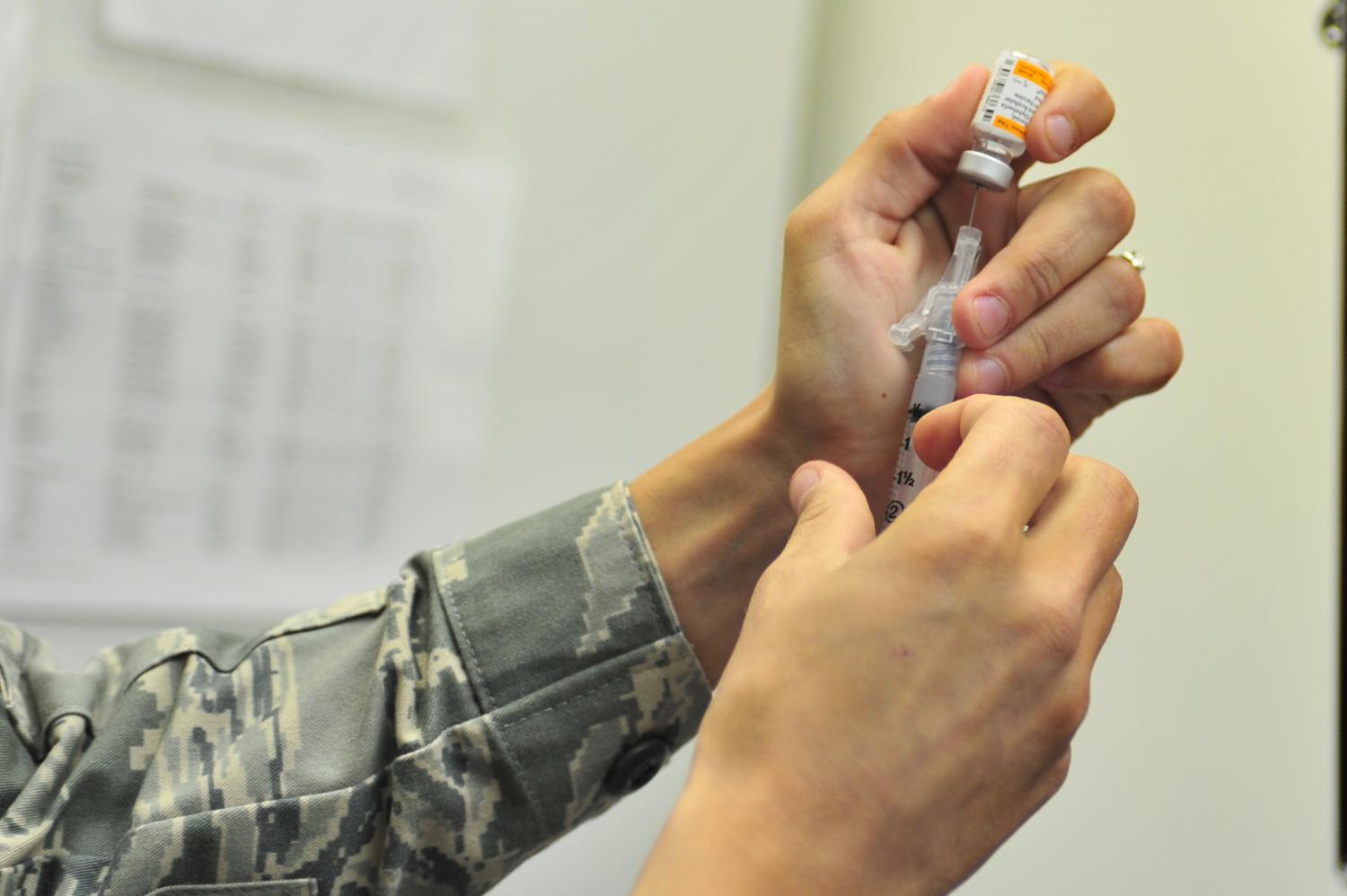A working group for a federal vaccine advisory board today recommended against adding a second dose of tetanus, diphtheria, and pertussis (Tdap) vaccine for teens or young adults, citing lack of a booster effect and questions about cost-effectiveness.
The United States and other countries have seen a surge in pertussis cases, and the CDC has said that the disease burden is at its highest point since 1955. In the face of rising pertussis levels over the past few years, the Centers for Disease Control and Prevention's (CDC) Advisory Committee on Immunization Practices (ACIP) has been working to fill gaps in vaccination against the disease.
The CDC recommends that children receive five doses of diphtheria, tetanus, and pertussis (DTaP) vaccine and that preteens at age 11 or 12 receive a Tdap booster.
Studies have found that protection conferred by the acellular pertussis vaccine, in use since the late 1990s, wanes in children 5 years after their last dose, a factor that experts suspect could be fueling the outbreaks.
In February 2012 the ACIP recommended that all adults over age 19 receive one dose of Tdap if they haven't had one already.
Earlier this year ACIP asked its pertussis vaccine working group to explore whether a second Tdap dose would be safe and useful for controlling the disease. The group looked at two scenarios: giving the second dose at age 16 or at age 21.
However, in its review of the literature the group found that protection provided by the second dose drops quickly, then levels off, much like the initial dose, making it unlikely to provide any booster effect.
Though getting a second dose showed no safety problems, a cost-effectiveness analysis showed limited benefit.
Jennifer Liang, MD, a member of the working group and an epidemiologist with the CDC's National Center for Immunization and Respiratory Diseases (NCIRD), told ACIP members today that the epidemiology shows a changing burden into adulthood, with few hospitalizations and rare deaths. She said the most optimistic estimate shows that a second Tdap dose would lower pertussis levels in that age group by 4% to 10%.
She said the working group suggests that the focus be on preventing disease in infants with the current vaccination recommendation for pregnant women and added that the group might want to consider adding another dose for at-risk populations.
After the working group made its recommendation, several ACIP members questioned if certain factors were considered, such as whether protection from wild-type infections was included in the modeling and if lack of a second Tdap dose would shift the disease burden to older age groups, which might put infants at greater risk.
Anne Schuchat, MD, the CDC's NCIRD director, said it's difficult to gauge pertussis protection in adults, because many received the whole-cell version of the childhood vaccine, which provides longer-lasting protection.
Health experts from Australia and England presented data from their pertussis vaccination programs for pregnant women. Peter McIntyre, MBBS, PhD, from Australia's National Center for Immunization Research and Surveillance, said early evidence suggests that "cocoon" vaccination of mothers significantly decreases the risk of early-onset pertussis, but timing is crucial.
David Salisbury, director of immunization for the United Kingdom's Department of Health, said one UK region quickly implemented a pertussis vaccination program in October 2012 for pregnant women in the face of an outbreak. Early findings suggest that the strategy has decreased lab-confirmed cases in young babies. He estimated that the program achieved 80% coverage. So far monitoring has shown no safety problems.
The ACIP deliberations, the first day of its 2-day meeting, were broadcast in a live Webcast.
See also:
Feb 22, 2012, CIDRAP News story "Vaccine advisors streamline pertussis advice for adults"
ACIP meeting materials






















